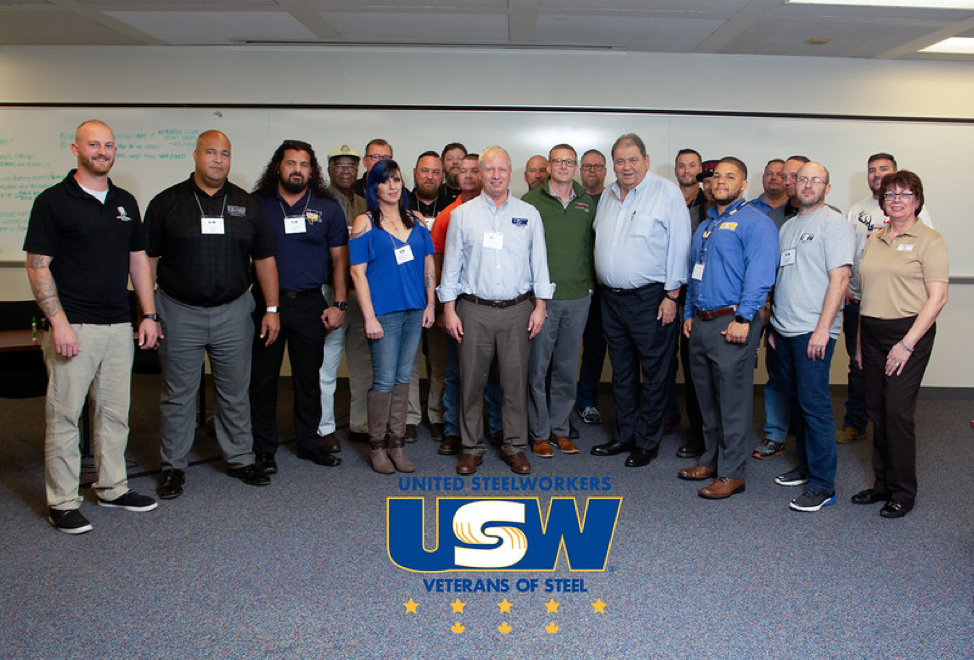The U.S. veteran population was roughly 20 million strong in 2016, the last year data was collected. One of the many common threads among those millions, aside from their shared military service, is their need for quality, compassionate health care.
And sometimes the smallest actions can make the biggest difference.
According to Jennifer A. Korkosz, Lt. Col. (Ret.), U.S. Air Force, one of the most important questions nurses and other health care professionals can ask their patients is, “Have you ever served in the military?”
This simple question helps provide vital insight for optimally caring for one’s patients and is so important that the American Academy of Nursing built an entire initiative around it that focuses on improving the health of veterans.
Among the unique areas of concern for many veterans, according to that initiative, are post-traumatic stress disorder (PTSD), military sexual trauma, brain injuries, and exposure to radiation, nuclear weapons, Agent Orange, and more. Veterans also are at much higher risk than the general population for suicide—while veterans make up 14 percent of all U.S. suicides, they make up only 8 percent of the country’s population.
To help stem the tide of suicide and provide overall proper care, nurses and other providers can do their part by knowing the resources in their communities that can help veterans, as well as by establishing empathy and building trust with veterans in their communities.
“Feeling appreciated and acknowledged is a great way to help build rapport,” Korkosz said.
The USW recognized the unique needs of veteran workers on the job and recently established Veterans of Steel, a resource for members who have served or are serving in the military to find camaraderie, support, and a way to fight for core issues that affect them and their families.

Part of this work involved the formation of the Veterans of Steel Council, which includes several dozen USW members and staff who served in the armed forces in the United States and Canada. They held their first meeting in October under the leadership of International President Tom Conway, who served as a sergeant in the U.S. Air Force before he began his union career.
The group spent the day brainstorming and setting goals for moving their activism forward, including engaging veterans in the union and community, educating and advocating for veterans’ issues in both countries, and providing a variety of resources for Steelworker vets and their families, including assistance with PTSD.
Veterans who are interested in participating in the program can sign up here to get more information and receive a free Veterans of Steel sticker. Members can also text VET to 47486.
